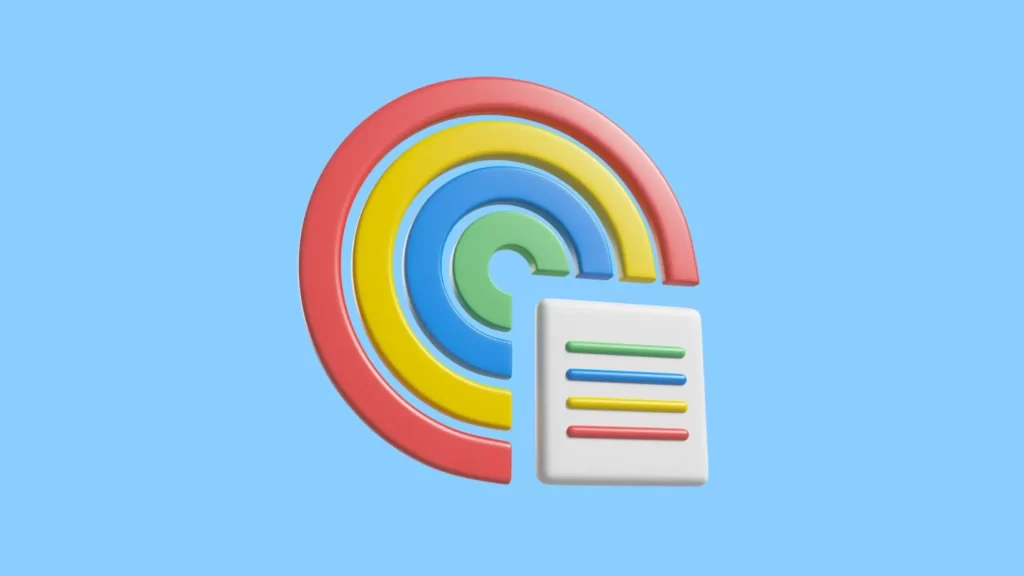Freelancing gives you freedom and flexibility, but managing your money can be tricky. Without a steady paycheck or employer benefits, you’re responsible for handling all your financial matters. This includes everything from saving for taxes to covering slow periods when work is scarce.
Good money management is essential for your long-term success as a freelancer. To help you stay in control of your finances, we’ll walk you through four game-changing money habits that successful freelancers rely on. By adopting these habits, you can create a more stable and secure financial future.
Habit 1: Follow the 50/30/20 Rule

Budgeting as a freelancer can be a challenge because your income might fluctuate from month to month. That’s why the 50/30/20 rule is such a great tool. It gives you a simple structure to manage your money without being overly restrictive.
Here’s how it works:
- 50% of your income goes to needs: These are the essential things you can’t live without, like rent, utilities, groceries, and transportation. If you’re a freelancer, you may also need to factor in business costs like internet or software subscriptions that are crucial to your work.
- 30% goes to wants: This is where you get to enjoy the fruits of your labor. Whether it’s dining out, going to the movies, or traveling, this category is for your discretionary spending. Just make sure it doesn’t go over 30% of your income.
- 20% goes to savings or debt repayment: This part of your income is dedicated to your financial goals. It can go into building an emergency fund, saving for retirement, or paying down debt. For freelancers, this category also includes setting aside money for taxes.
How Freelancers Can Use This Rule:
The 50/30/20 rule can help freelancers manage their irregular income. During high-earning months, you can save more than 20% to cover low-earning months. If you’re starting out, aim to put more into savings until you have at least six months’ worth of living expenses in your emergency fund. This cushion will give you peace of mind during slow periods.
Tip: Try using a budgeting app like YNAB or Mint to help you follow the 50/30/20 rule. These tools track your spending and ensure you stay within your budget.
Habit 2: Create a Consistent Savings Plan

As a freelancer, you’re responsible for setting aside money for your own financial security. You don’t have an employer to contribute to your retirement or help you out during tough times. That’s why having a consistent savings plan is essential.
What to Save For:
- Taxes: Freelancers need to pay their own taxes. A good rule of thumb is to set aside 25-30% of your income for taxes. This way, you won’t be caught off guard when tax season arrives.
- Emergency Fund: Aim to save at least three to six months of living expenses. This fund will protect you if an unexpected event occurs, like an illness or a drop in client work. Without this safety net, you might struggle to pay your bills during tough times.
- Business Expenses: Freelancers need to plan for business costs, like new equipment, software renewals, or professional development. Regularly putting money aside for these expenses helps you avoid scrambling when something comes up.
- Personal Goals: Whether you’re saving for a vacation, a new car, or retirement, having personal savings goals is important. It keeps you motivated and ensures you’re working toward a brighter future.
The Importance of Consistency:
Building a savings habit takes time. Even if your income fluctuates, set aside a percentage of each payment toward savings as soon as you receive it. It doesn’t have to be a huge amount—what matters is building the habit. Over time, these small amounts will add up and create financial security.
Tip: Set up separate savings accounts for different goals. For example, you could have one account for taxes, another for your emergency fund, and one for your personal savings goals. Many online banks offer free savings accounts and tools to automate transfers, making it easier to stay organized.
Habit 3: Automate Finances Where Possible
When you’re juggling multiple clients, projects, and deadlines, it’s easy to forget about managing your money. That’s why automation is a game-changer. Automating your finances takes the guesswork out of managing your money and helps you stay on top of bills and savings without thinking about it.
What to Automate:
- Bill Payments: Automate your recurring bills like rent, utilities, and internet. This ensures you never miss a payment or incur late fees.
- Savings Contributions: Set up automatic transfers to your savings accounts. As soon as you get paid, you can automatically move a portion of your earnings to your tax, emergency, and retirement savings.
- Tax Payments: Depending on where you live, freelancers are often required to pay estimated quarterly taxes. Automating these payments or setting up reminders ensures you don’t miss deadlines.
Benefits of Automation:
By automating your finances, you reduce the risk of forgetting important tasks. It also helps you stick to your financial goals because once everything is set up, you don’t have to rely on willpower alone. The less time you spend manually managing your finances, the more time you can spend focusing on your work.
Tip: Use financial tools like PayPal or your bank’s online platform to automate payments and transfers. You can also explore Qapital, a goal-based saving app that makes automation easy and fun.
Habit 4: Track Income and Expenses Regularly

Keeping track of your income and expenses is one of the most important money habits for freelancers. Without a clear picture of your cash flow, it’s easy to overspend or undercharge for your work. The good news is, tracking your finances doesn’t have to be complicated.
Use Accounting Software:
Successful freelancers use tools like QuickBooks or Wave to monitor their income and expenses. These tools allow you to:
- Track Income: Log every payment you receive and categorize it by client or project. This helps you see where most of your income is coming from.
- Monitor Expenses: Track both business and personal expenses. Regular monitoring helps you identify areas where you might be overspending and helps you cut unnecessary costs.
- Review Financial Reports: Accounting software can generate monthly or quarterly reports that give you a snapshot of your financial health. You’ll be able to see your profit margins, track trends, and make informed decisions about your business.
Why Regular Reviews Matter:
Successful freelancers review their finances regularly, not just at tax time. By checking in with your finances weekly or monthly, you’ll be able to spot problems early and adjust your spending or pricing as needed. This proactive approach helps you stay in control and avoid surprises.
Tip: Set aside time at the end of each week or month to review your finances. Use tools like QuickBooks or a simple spreadsheet to keep everything organized.
Conclusion
Managing your money as a freelancer doesn’t have to be overwhelming. By adopting these four game-changing money habits, you’ll build a strong financial foundation for your freelance career:
- Follow the 50/30/20 rule to create a balanced budget that works for your fluctuating income.
- Create a consistent savings plan so you’re prepared for taxes, emergencies, and personal goals.
- Automate your finances to save time and stay on top of important payments and savings.
- Track your income and expenses regularly to stay in control of your financial health.
These habits can help you take control of your money, reduce stress, and achieve long-term financial success as a freelancer. Take the time to implement them, and you’ll see the benefits in no time.
For more tips on freelancing and financial management, check out resources like Freelancers Union or Investopedia’s guide to freelance finance.






